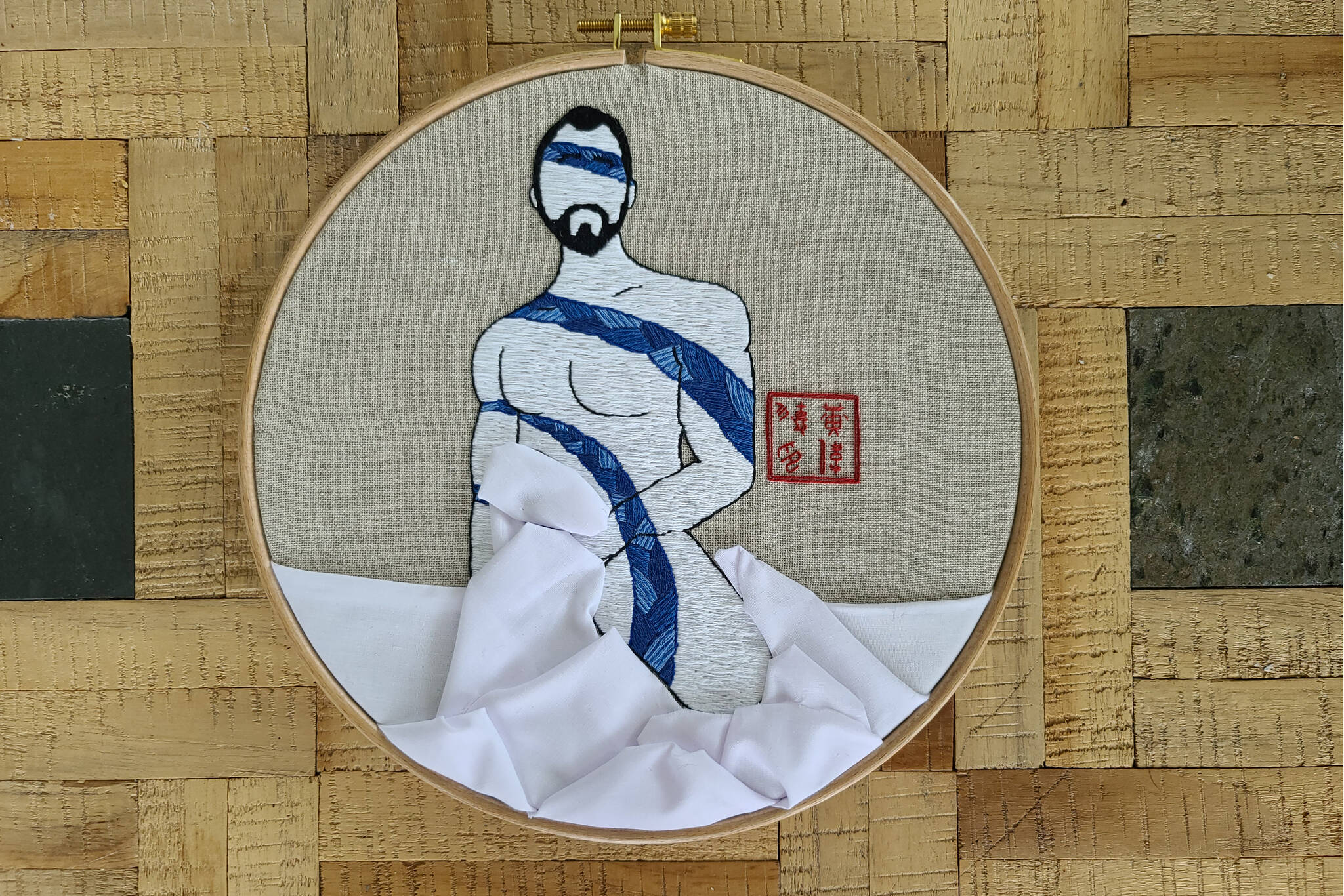At 32 years old, Jasmine has been a sex worker for one-third of her life.
For them, its been a way to afford medications and healthcare expenses. According to a new ground-breaking report released this week, Jasmine is one of 73 per cent of sex workers surveyed who live with a disability.
“Like I shouldn’t have to do that. I shouldn’t have to do sex work to pay for health-care expenses,” Jasmine said in a phone interview. Black Press Media has chosen to protect Jasmine’s identity with a pseudonym.
Jasmine has joined a collective call alongside more than 200 other sex workers in the Lower Mainland and Vancouver Island, urging the federal government to decriminalize sex work, among other recommendations.
These recommendations, detailed in the ‘By Us, For Us’ research project released on Wednesday (April 12), include: increasing disability assistance rates to match the Canada Emergency Benefit implemented at the height of the pandemic, a follow-through to promises pledged for long-term funding for the justice of murdered and missing Indigenous women and girls, funding for frontline workers providing support to sex workers and increased access to public washroom facilities.
The research project was undertaken in the context of the pandemic, the decriminalization of sex work and set against the backdrop of the efforts of Truth and Reconciliation, the MMIWG inquiry and the ongoing toxic drug poisoning crisis.
Jasmine said decriminalization is “a big one” across Canada. On the Downtown Eastside, they noted there has been a “de-facto” culture of decriminalization since she can remember.
In January 2013, the Vancouver Police adopted Sex Work Enforcement Guidelines, which entails that when responding to sex-work-related calls or situations, officers’ priority is to ensure the safety and security of sex workers.
But it seems like the cops “don’t really care too much,” Jasmine said, which can also be a problem.
“There’s very little the cops will investigate or care about. Sometimes it’s hard to get them to care about things. We really need to have a better relationship with the cops.”
The By Us, For Us report notes police reforms that participants supported most in the survey – more than 50 per cent each – were those of redirecting funds to community services from police and publicly calling out police harms.
The report also examined experiences of sex workers who identify as two-spirit or non-binary, as well as cisgender men.
Tyler, who was a part of the research project since its inception, told Black Press Media that the report has helped them “really feel a part of the community.”
The report notes gender-diverse sex workers face unique needs and risks, and sometimes find themselves in sex work due to limited options for other employment. Meanwhile, those who are cisgender – or described as being perceived as cisgender – feel fears of stigma and losses of family connections and jobs if they were to share their experiences with friends and others.
Tyler said they took part in the project to share a male voice in what is sometimes perceived as a woman-only profession.
“I want men to not feel ashamed for being a sex worker.”
Asked why they think men might be forgotten in these discussions, Tyler said that society has made it so men are not supposed to talk about their feelings.
“We’re supposed to be the caregivers for families and whatnot.”
Tyler started sex work in Vancouver about 20 years ago, eventually moving to offering their services online.
The report notes that gender-diverse sex workers were the only group that “primarily” solicited work online, with 42 per cent saying they had done phone or online sex work in the past year.
But when it comes to decriminalization, Tyler described it as a “work in progress” that remains ongoing.
“It would be great if it was starting to be more at the forefront and people were taking it more seriously, like the government should be doing. When that happens then I’ll be really excited that they’re actually listening,” Tyler said.
“I hope that they do listen because it shouldn’t be a problem for us. We should be able to live our lives normally.”
@laurenpcollins1
lauren.collins@blackpress.ca
Like us on Facebook and follow us on Twitter.

